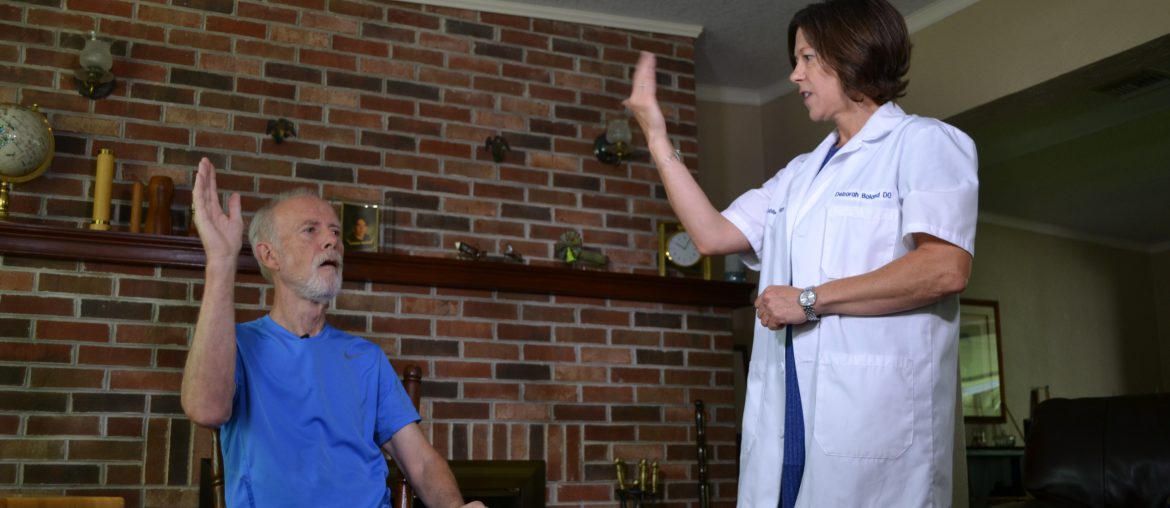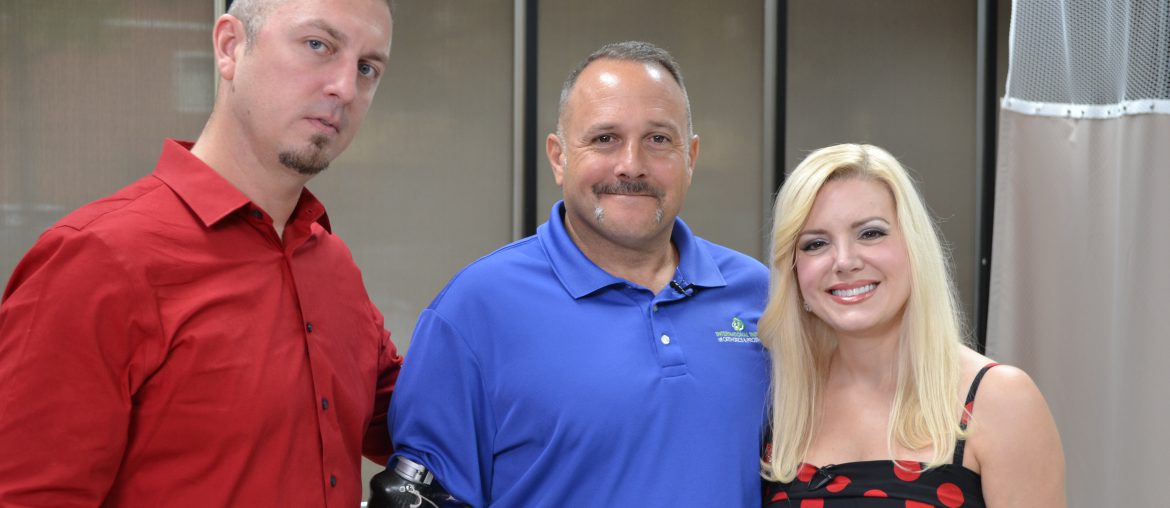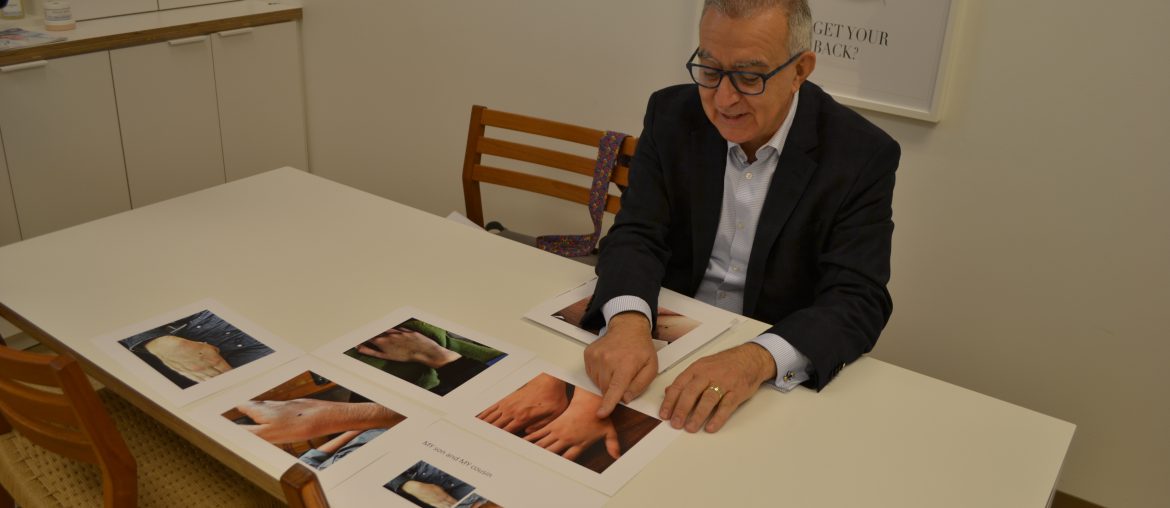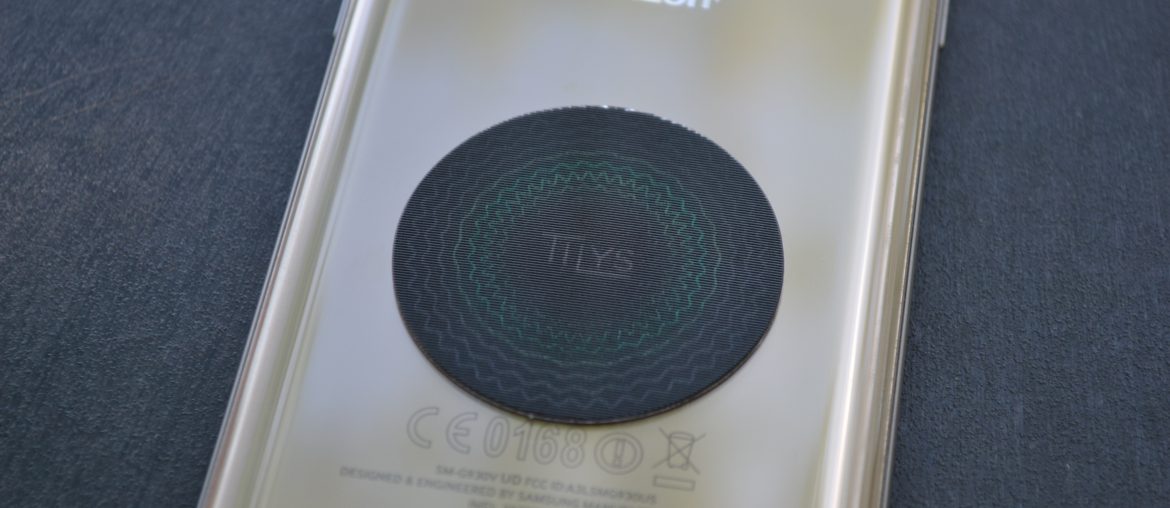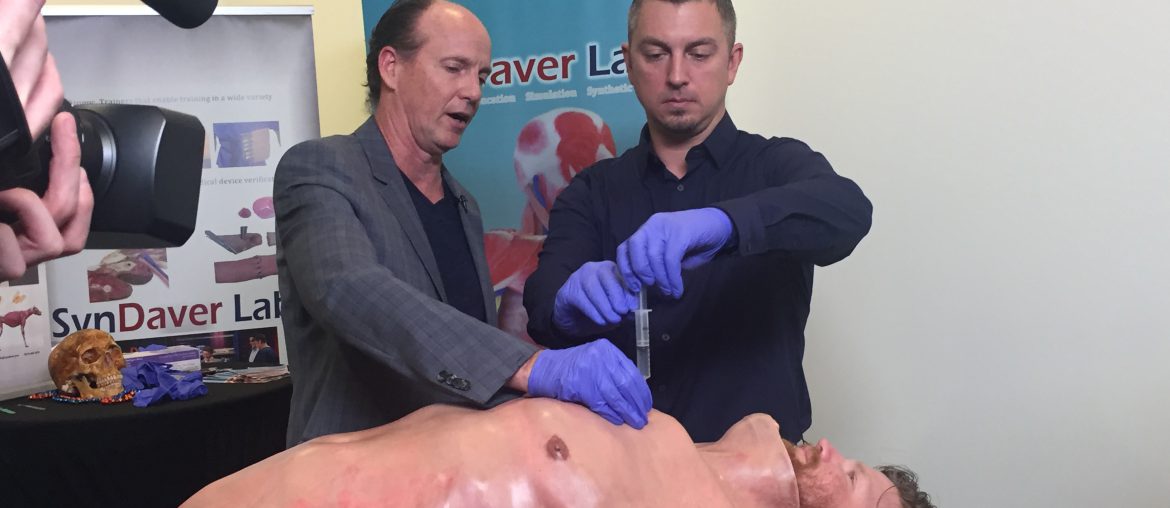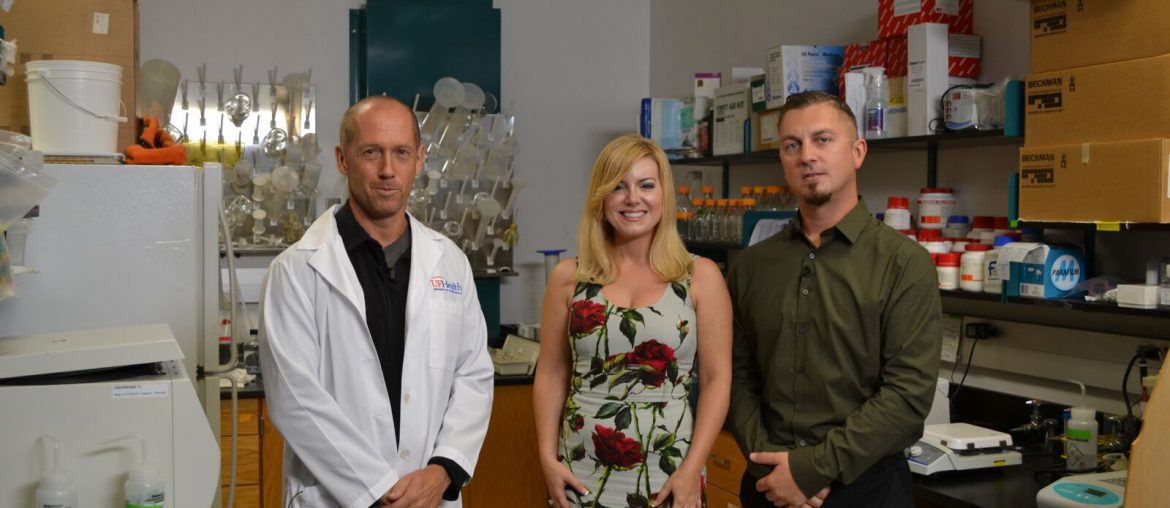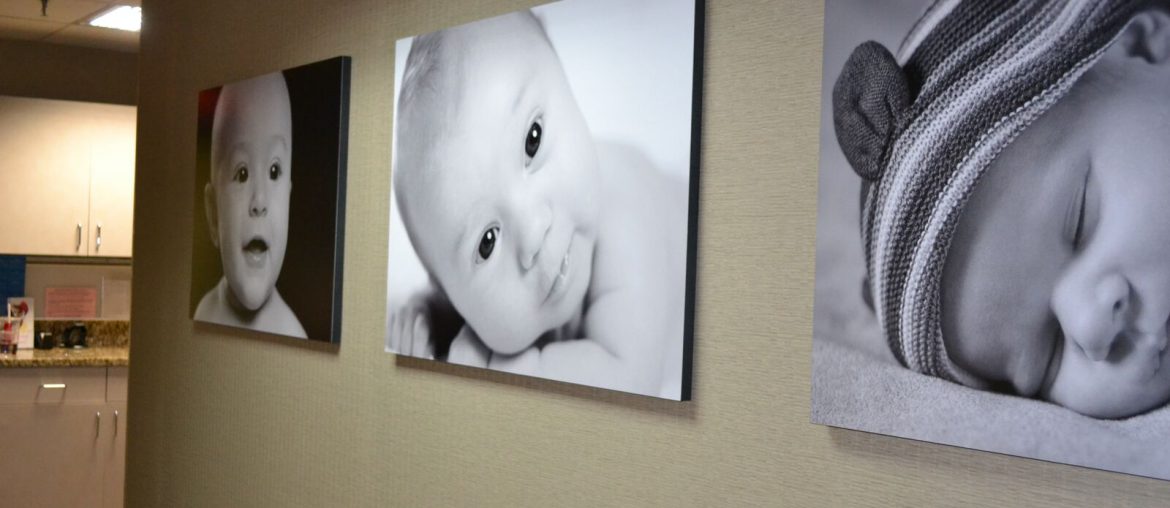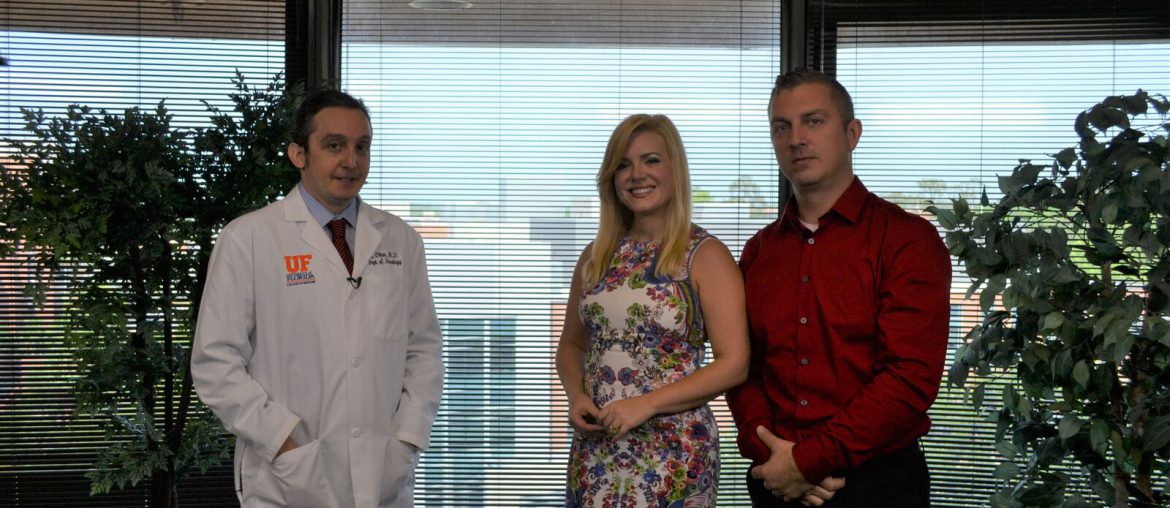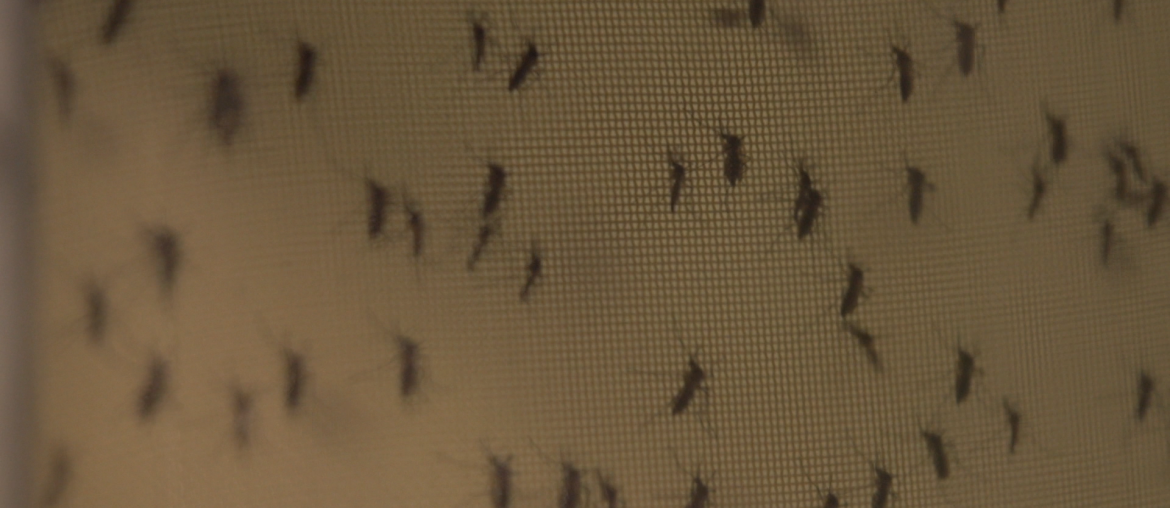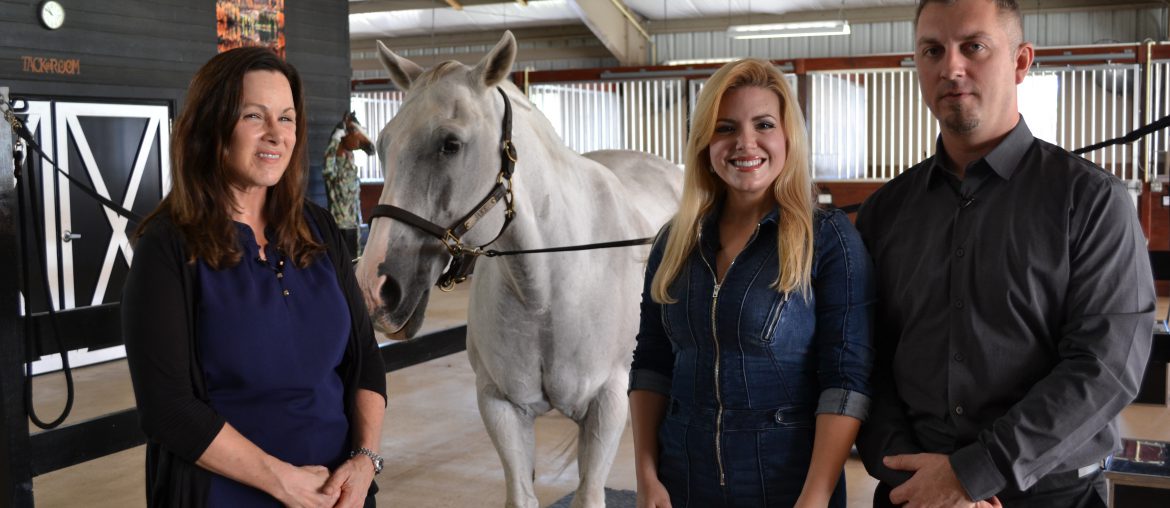The American Medicine Today crew visits with SynDaver Labs in Tampa, Florida.
On our second visit to SynDaver Labs, they share with us their newest development: the Special Operations Forces Suit, or “SOF” suit, which was created to act as a wearable point of injury simulator. Kevin King is the Vice President of Global marketing at SynDaver and joins us to explain how the models they used for training in the past were nothing like real human tissue and how SynDaver has been focusing on ‘Live Tissue Simulation’ for more than 12 years.
Learn more about SynDaver Labs and the SOF suit here: http://syndaver.com/.
American Medicine Today visits with the University of Florida in Gainesville, Florida.
Glioblastoma is a grade 4 brain tumor (with 1 being the least severe and 4 being the most). Once diagnosed, death usually occurs within 12-15 months. However, Dr. Brent Reynolds, Professor of Neurosurgery at the University of Florida Health has discovered that a specific diet appears to slow the growth of progressive brain tumors in mice. The Ketogenic Diet was developed in the 1920’s for children with epilepsy and was known to greatly reduce the amount of seizures children were experiencing. This ‘fasting’ type of diet is very low in carbohydrates and very high in fat. Lacking carbs, the body’s glucose levels lower and then process the abundant fat cells into ketone bodies which in turn, slow tumor growth. Though currently in human testing trials, you don’t have to wait for FDA approval to put yourself on a high-fat, low-carb diet.
Learn more about this discovery from UF Health here: https://ufhealth.org/news/2016/lower-carb-diet-slows-growth-aggressive-brain-tumor-mouse-models
American Medicine Today visits with the Florida Fertility Institute in Clearwater, Florida.
The first IVF, or inVitroFertilization, conception occurred in 1978 and became mainstream in the 1990’s. Since then, millions of babies have been conceived this way. Couples resort to IVF for a number of reasons, from Fallopian tube issues to male infertility. During our visit, we talk to Dr. Mark Sanchez, a Board Certified OBGYN, specializing in Reproductive Endocrinology and Infertility at the Florida Fertility Institute about the latest advancements in conception medicine.
Learn more about the Florida Fertility Institute here: http://www.thefertilityexperts.com/
American Medicine Today visits with the University of Florida in Gainesville, Florida.
Deep Brain Stimulation (or DBS) is a type of advanced therapy for treating Parkinson’s Disease that takes advantage of the circuits of the brain. While not a cure for the illness, it can lessen some of the symptoms dramatically. By surgically placing a small probe inside the brain, doctors can monitor and manipulate the electrical signals transmitted throughout the body and alleviate tremors. We talk to Dr. Michael Okun, Chairman of the Department of Neurology at University of Florida and Dr. Kelly Foote, Co-Director of the University of Florida’s Movement Disorders Center about this amazing new therapy. We also visit with John Alexander, a tremor-dominant Parkinson’s Disease patient who was the first to receive this DBS system.
Learn more about UF Health’s deep brain stimulation system here: http://movementdisorders.ufhealth.org/surgery/deep-brain-stimulation-surgery/
American Medicine Today visits with the University of Central Florida in Orlando, Florida.
The Zika virus was first identified in Uganda in 1947. Though similar to other diseases transmitted by mosquitoes, it is not fatal; however, Zika has been linked to severe birth defects in humans, which are the only carriers of the disease. We visit with Dr. Sudipta Seal, Interim Chair of the Materials Science and Engineering Department and Dr. Bradley Willenberg, Assistant Scientist at the College Of Medicine at UCF to learn more about a new mosquito surveillance tool which helps detect mosquitoes infected with the Zika virus.
Learn more about this new technology from UCF here: http://tt.research.ucf.edu/the-buzz-on-tracking-disease-carrying-mosquitoes/
American Medicine Today visited The McCormick Research Institute in St. Cloud, Florida.
The Institute is home to ‘Horses & Heroes,’ a program for veterans suffering from PTSD and ‘Heavenly Hooves,’ another program serving special needs individuals. During the segment, we speak to Dr. Manette Monroe, Professor of Pathology at the University of Central Florida and Director of Research at McCormick Institute, as well as Caity Wall, the ‘Horses & Heroes’ Program Manager. We also hear program success stories from Shemallian “Shemmy” Arrieta, a Second Class Master-At-Arms in the Navy, and a Corporal E4 in the Marine Corps and Francesca Langston, a Corporal in the Marine Corps.
To learn more about The McCormick Research Institute and their equine therapy programs, visit the link here: http://mccormick.us/
